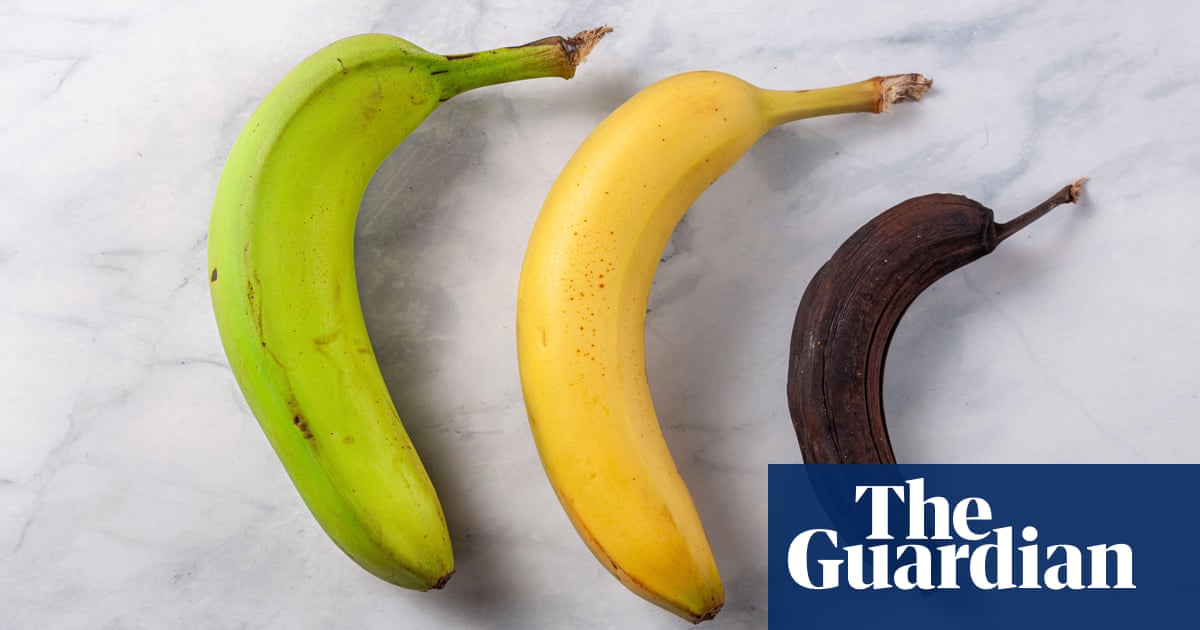Most of us have tossed out a mushy banana at some point. But now, scientists have created a solution: a genetically engineered banana that doesn’t brown easily. This new banana, developed by the biotech company Tropic, aims to reduce food waste, which is a huge issue worldwide.
This special banana stays fresh and yellow for longer, about 12 hours after peeling. It’s also tough enough to resist browning when handled during picking and shipping. Gilad Gershon, Tropic’s CEO, notes that bananas are one of the most wasted foods globally. In fact, around half of the bananas grown don’t get eaten.
Bananas are tricky because they don’t produce seeds, making traditional breeding difficult. As a result, the bananas we eat today are largely the same as those from decades ago. Gershon explains that the only way to change this is through gene editing.
Tropic’s scientists disabled a gene that produces an enzyme called polyphenol oxidase, the main cause of browning in bananas. This method has already worked in other products like Arctic apples and various fruits such as tomatoes and mushrooms.
The non-browning bananas have been approved for sale in several regions, including the US and Canada, and are awaiting clearance in other areas like the UK. This could lead to a future where we see these bananas on grocery shelves in England as well.
Researchers are pushing the boundaries of produce quality. Some are looking into making lettuce that stays fresh longer, while others are developing bruise-resistant apples and potatoes. The goal is simple: make fresh food last longer to reduce waste.
Scientists are also exploring ways to strengthen the protective coating of fruits. A thicker cuticle on apples and soft fruits can prevent damage and spoilage.
Professors and researchers across various institutions are enthusiastic about the potential of genetically modified foods. For example, Dr. Martin Kottackal is studying the genetics behind ripening to create longer-lasting tomatoes and eggplants. Likewise, Prof. Cathie Martin has worked on a purple tomato rich in antioxidants, which surprisingly lasts much longer than regular tomatoes.
Finally, Prof. Jonathan Jones has developed a potato that resists blight and requires fewer pesticides, addressing multiple agricultural challenges with genetic solutions. Improving our food supply through genetics provides targeted answers to the various problems facing the industry.









